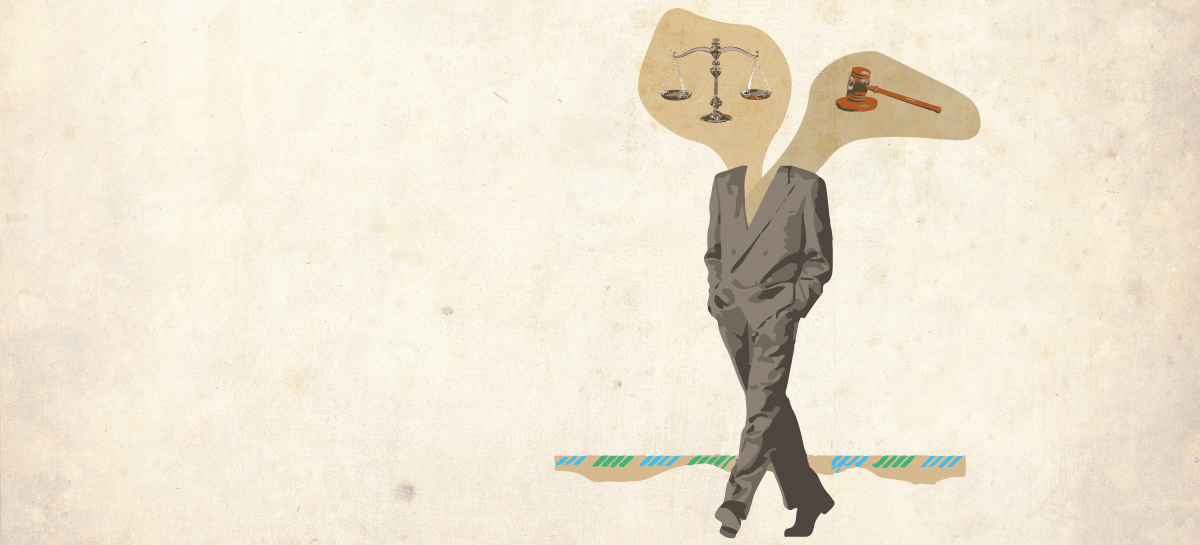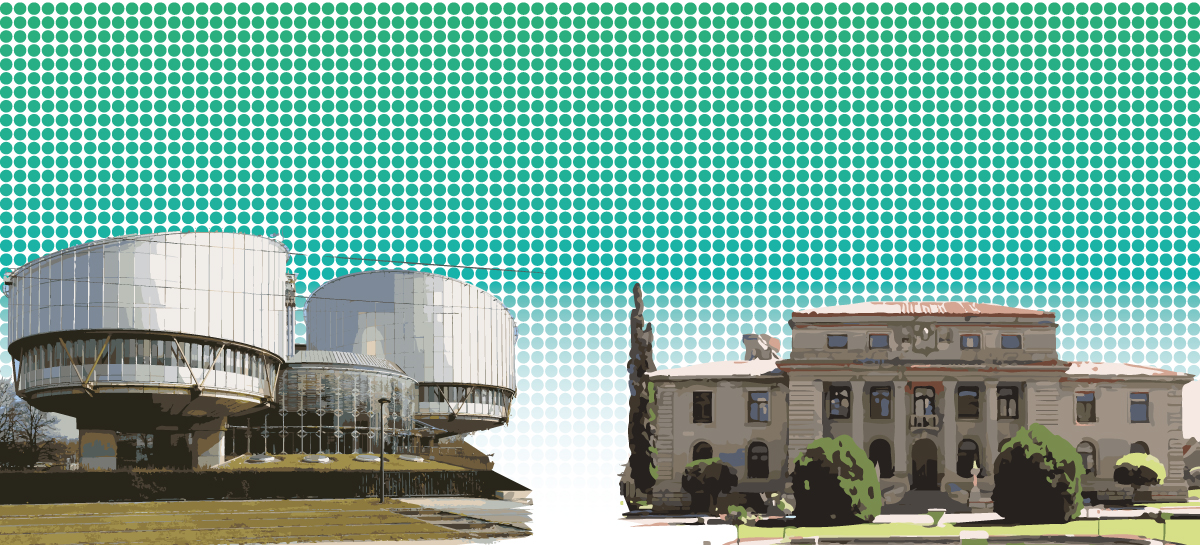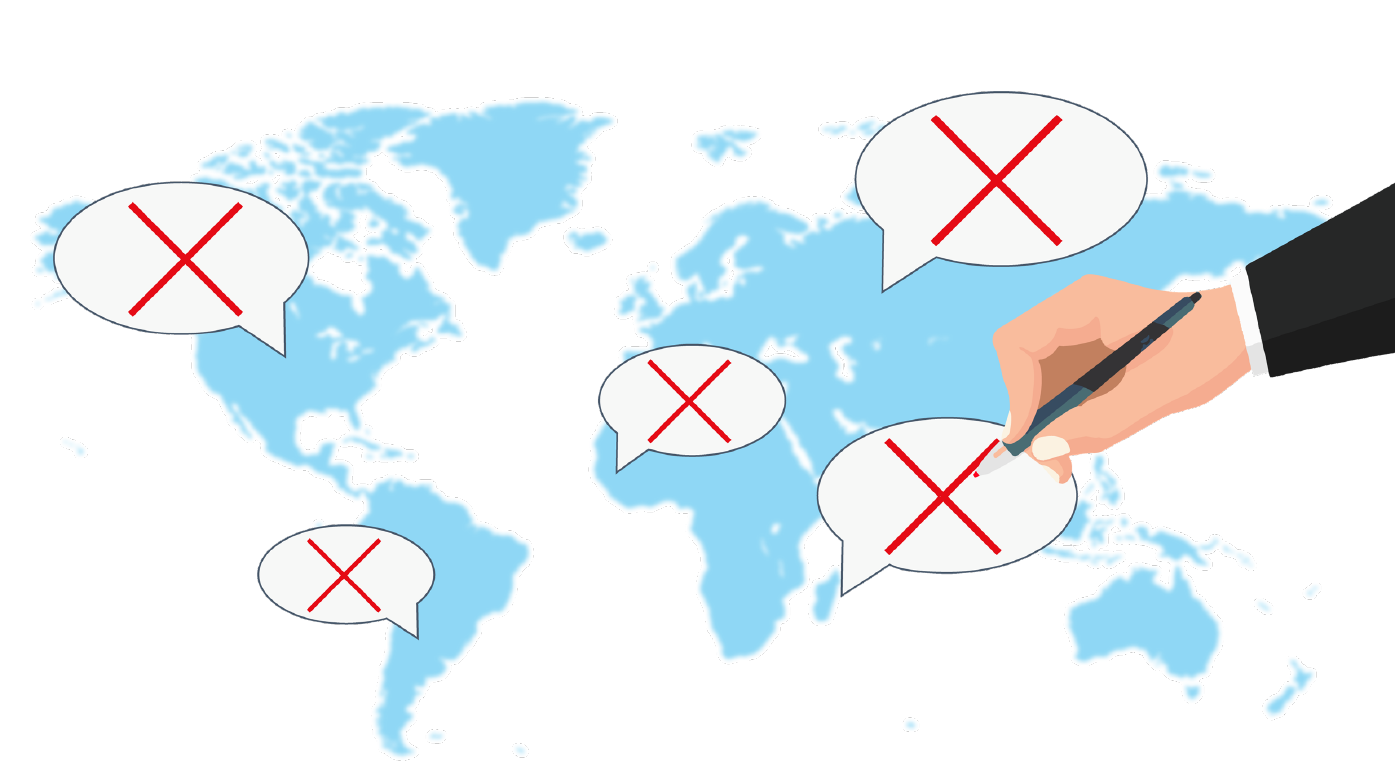Article: Speech that Isn’t Mine: Obligations Under the European Court of Human Rights
Access article By Natalie Alkiviadou Accepted: 13 October 2023 Abstract In 2023, the Grand Chamber of the European Court of Human Rights issued its ruling in the case of Sanchez v France. The case revolved around the conviction of the applicant, a politician, for inciting hatred or violence against people due to their religious affiliation. […]










